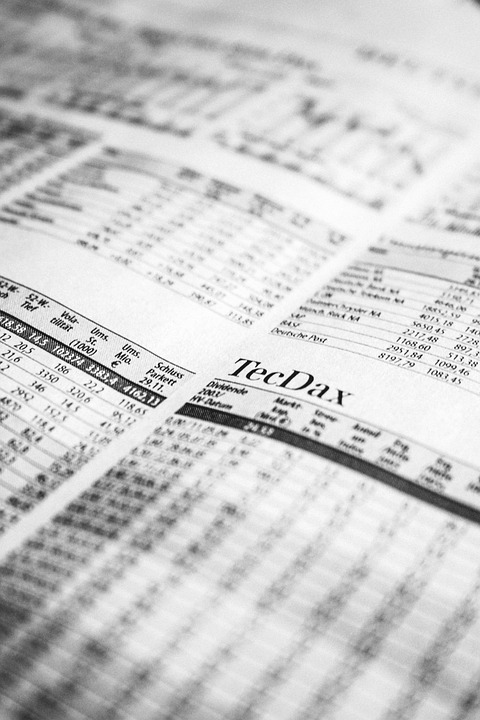[ad_1]
The cryptocurrency landscape has undergone a significant transformation over the last few years. With the emergence of decentralized exchanges (DEXs), the way individuals trade and exchange digital assets is evolving. Unlike traditional centralized exchanges, DEXs operate without a central authority, enabling peer-to-peer transactions directly between users. In this article, we’ll explore the rise of decentralized exchanges, their advantages, challenges, and their potential to revolutionize cryptocurrency trading.
Understanding Decentralized Exchanges
Decentralized exchanges are trading platforms that allow users to trade cryptocurrencies directly with one another. They rely on smart contracts, self-executing contracts with the terms of the agreement directly written into code. DEXs eliminate the need for intermediaries, which are prevalent in centralized exchanges, thus providing a more transparent and secure environment for trading.
Advantages of Decentralized Exchanges
Several key advantages make DEXs an appealing option for cryptocurrency traders:
- Custodianship: Users retain custody of their assets, reducing the risk of hacks and theft associated with centralized exchanges.
- Privacy: DEXs often require minimal personal information, enhancing user anonymity.
- Global Accessibility: Anyone with an internet connection can access DEXs, regardless of geographic location.
- Less Regulation: DEXs operate in a less regulated space, allowing users to trade without the restrictions imposed by government regulations.
- Lower Fees: Without intermediate financial institutions, transaction fees are often lower than those on centralized exchanges.
The Technology Behind DEXs
The technology underlying decentralized exchanges is primarily based on blockchain technology. DEXs utilize smart contracts to execute trades, automating the process of matching buy and sell orders. Some well-known DEX protocols include:
- Uniswap: A decentralized trading protocol built on the Ethereum blockchain that allows users to swap various tokens without the need for a centralized party.
- BakerySwap: A decentralized finance (DeFi) platform built on Binance Smart Chain, offering a suite of services including token swaps and NFT marketplaces.
- SushiSwap: An evolution of Uniswap, featuring additional features such as yield farming and staking.
The Challenges Facing DEXs
Despite their many benefits, decentralized exchanges are not without challenges:
- Liquidity: DEXs often struggle to provide the same level of liquidity as their centralized counterparts, potentially leading to price slippage during transactions.
- User Experience: Most DEXs require some level of technical knowledge, which can be a barrier for new users entering the crypto space.
- Regulatory Scrutiny: Governments and regulatory bodies are becoming increasingly aware of DEXs, which could lead to potential regulations that impact their operation.
- Smart Contract Vulnerabilities: Since DEXs rely on code for executing trades, flaws or bugs within the smart contracts can exploit vulnerabilities, leading to significant losses.
Decentralized Exchanges vs. Centralized Exchanges
The debate between decentralized and centralized exchanges is ongoing. Centralized exchanges, such as Binance and Coinbase, generally provide higher liquidity, faster transaction speeds, and a more user-friendly interface. However, they come with risks associated with asset custody, such as hacking and regulatory compliance.
In contrast, DEXs provide unparalleled security and privacy features but often compromise on user experience and liquidity. The choice largely depends on the user’s preferences and needs in the trading process.
The Future of Decentralized Exchanges
The future of DEXs looks promising as more users are becoming aware of their benefits. Innovations in technology, such as layer 2 scaling solutions and cross-chain interoperability, are expected to address some existing challenges, enhancing user experience and liquidity. Furthermore, the ongoing evolution of decentralized finance (DeFi) is likely to bolster the relevance of DEXs in the wider cryptocurrency ecosystem.
As institutional adoption of cryptocurrencies increases, the demand for improved trading infrastructure, including decentralized exchanges, will grow. The democratization of finance that DEXs promote aligns with the ethos of many cryptocurrency advocates, paving the way for a more inclusive financial system.
Conclusion
The rise of decentralized exchanges represents a significant shift in the cryptocurrency trading landscape. By leveraging blockchain technology and smart contracts, DEXs provide a more secure, private, and accessible trading environment for users worldwide. As the technology evolves and addresses existing challenges, it is likely that decentralized exchanges will continue to make waves, fostering a new era in the world of finance.
FAQs
1. What is a decentralized exchange (DEX)?
A decentralized exchange (DEX) is a trading platform that allows users to trade cryptocurrencies directly with one another without the need for a central authority.
2. How does a DEX work?
DEXs utilize smart contracts to execute trades, automating the matching of buy and sell orders directly between users.
3. What are the main advantages of using a DEX?
The advantages include asset custody, privacy, global accessibility, reduced fees, and less regulation compared to centralized exchanges.
4. What challenges do decentralized exchanges face?
Challenges include lower liquidity, user experience barriers, potential regulatory scrutiny, and vulnerabilities in smart contracts.
5. Are decentralized exchanges safe to use?
While DEXs offer enhanced security features, users must exercise caution and conduct due diligence to mitigate risks associated with smart contract exploits.
[ad_2]
